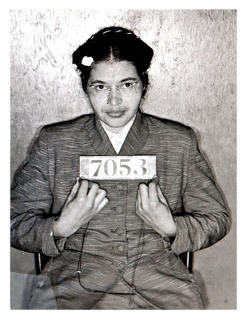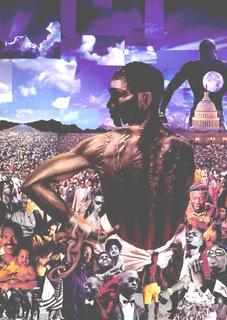
A friend suggested to me that I read Freakonomics. Generally I consider pop nonfiction on economics to not be worth the time. Authors of these tomes often attribute outrageous conclusions to economic "laws." Economics has no "laws"; it only has resilent theories that can be applied successfully or unsuccessfully to individual events on a case by case basis.
I came across a copy of the book at Barnes & Nobles. The hardback was marked 30% off (a clear signal if there is one). I decided to read a few chapters to see if there was anything to it.
There is not.
The author (Steven Levitt) writes in one chapter that there was confusion surrounding falling crime rates. The answer ,he concluded, must be that as abortions rise crime must fall. His reasoning is that since low income women with no spouse have most of the abortions and since most criminals come from poverty stricken single parent homes crime falls as abortions rise.
This line of reasoning is flawed on many levels.
First, it really depends on how you define crime and what kinds of crime you are focusing on. Corporate and political malfesance has risen for instance. Second, correlation between two variables (crime and abortion) does not indicate causation. Third, where is he getting his numbers? Does anyone track the number of abortions by american citizens outside our borders? What about their income level?
Lastly, no where in his writings did he indicate the benefit or intrinsic value of human life.
Ideas are insidious. Like the flu they can be easily spread from person to person. In this case the idea is that killing is good, that it is beneficial.
Enter William "abort every black baby and the crime rate falls" Bennett. He likes the book and the ideas. His remarks were widely reported. If you missed them NPR played them for you at the top of every hour. All the major television networks, newspapers and the blogosphere were filled to the brim with his comments. He said this a few weeks after americans had watched over eight days worth of nonstop black pain, suffering, helplessness and poverty (white suffering was edited out and discredited, by no less than Tim Russert, when exposed) run rampant in New Orleans.
Further along in Freakonomics Levitt points out that terror is a powerful incentive. This is in the chapter comparing Klansmen to Real estate agents (I am not making this up). His reasoning is based on lynchings falling as Klan membership rose. By this thinking every white person should have joined the Klan in order to bring lynchings to their lowest possible number.
I do agree that terror is a powerful incentive.
Maybe Bennetts' comments were given so much press because after hurricane Katrina and Kanye West black people needed incentive to calm down. African-American fear and paranoia (for that matter all americans fear and paranoia) is well documented, and has been running high since the presidential election of 2000.
Maybe those horrific images of Katrina made a large portion of the american population wish those poor, huddled masses would just disappear.
Such specualtion is dangerous, but if you have read this far you deserve something unadultered.
Into this echo chamber of "Freakonomics" comes Dr. Kamau Kambon who is the author of such books as "Black Guerilla Warfare: A peoples guide and manifesto" and "Subtle Suicide."
Dr. Kambon is no stranger to mainstream media. CNN's headline news featured him a few years ago saying that black people should not celebrate Christmas because it is economically and socially debilitating. This time he made genocidal comments concerning white people. Coming on the heels of the Bennett comments I am not surprised that someone voiced the obverse.
My questions are: Has Dr. Kambon read Freakonomics? Was he using terror as an incentive?





